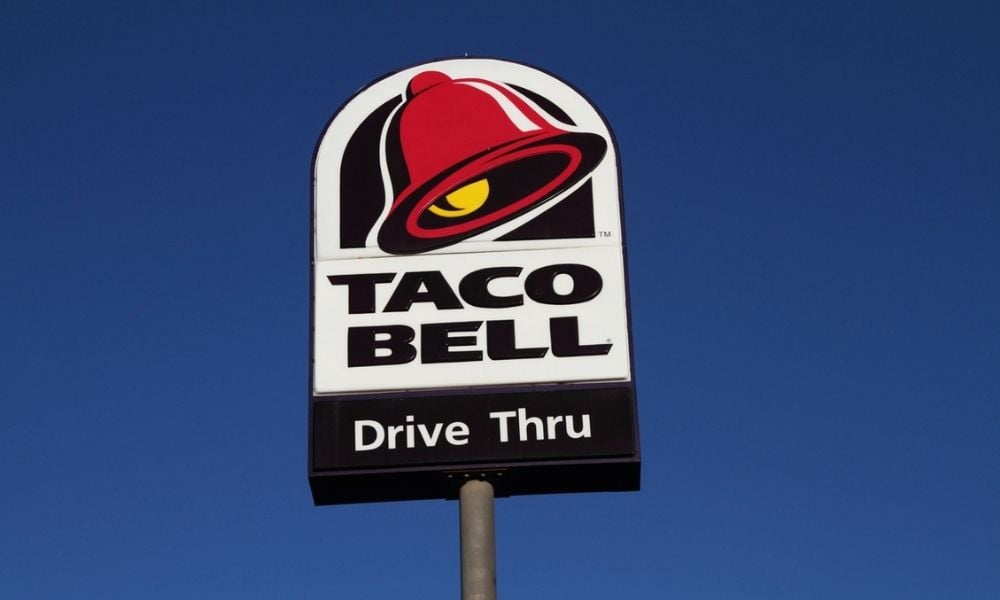Why are these companies so attractive in current environment?

Diana Wagner, equity portfolio manager at Capital Group, is worried about where things are going this summer with inflation and potential recession, so has some unconventional portfolio picks.
“I buy stocks based on fundamental bottom-up research,” she recently said, “But I feel it’s important to pay attention to macros, particularly at inflection points, and this certainly feels like an inflection point. I worry that inflation will stay high, and the Fed will have to do more to slow down the economy.
“So, in this environment, what I’m focused on is companies that have pricing power and where earning cuts are less likely. That’s why I love insurance and insurance brokers, and health insurance companies, like UnitedHealth. I also love beverage companies, like Dr. Pepper, because there really isn’t a store brand to trade down to, so these companies have more pricing power. I also like fast food restaurants, like Yum!, which owns Taco Bell and KFC. They can pass through inflation and when consumers feel pinched, they tend to trade down to fast food.
“The other thing that these companies have in common is they pay attractive dividends, and those dividends have grown at a healthy clip over time. All of these companies have actually grown their dividends in the double digits in recent years. What we’ve seen is that proven dividend growers can definitely help bolster returns when inflation is rising. Our work shows that over long periods of time, nearly half of the market’s return comes from dividends. So, for me, companies with pricing power and growing dividends are very attractive in this market environment.”
When structuring portfolios, Wagner is also optimistic that bonds will recover in the next two or three years and resume their role as a portfolio diversifier and hedge against equity volatility.
“Investors looking at their portfolio should view the negative returns and bonds as an incredible opportunity,” she said, “because bonds mature and those returns will all come back and more. It’s just a matter of time.”
Wagner expects volatility to continue this summer as inflation remains elevated, so she’s encouraging advisors to add high-quality bonds to clients’ portfolios to protect against equity volatility and generate income.
But, she and Capital Group are also keen on innovation – and finds it in both the product and services side of healthcare, where there are currently attractive valuations on real earnings and cash flow. Several companies, such as Eli Lilly and Novo Nordisk, are developing a new generation of drug to treat obesity, which is expected to impact lifespan and quality of life as well as reduce health care costs. Pfizer and Novartis are investing in genetic medicine to deal with diseases at the gene level, and companies like UnitedHealth are transforming how health care is being delivered in the U.S. Its new model rewards doctors for keeping patients healthy rather than seeing more patients, which she said is producing better health outcomes from high patient and physician satisfaction to lower per capita costs. She said: “It’s coming to a physician practice near you very soon.”
Finally, in the environmental, social and governance (ESG) area, Wagner is recommending HVAC companies since “40% of the world’s greenhouse gases comes from buildings. That’s more than the entire transport industry! 40% of a building’s energy use is from heating and cooling buildings.” So, Carrier and Daikin are developing new air conditioning and heating systems to help reduce gas emissions by up to 70%.
Railroads are also four times more fuel efficient than trucks because “iron on iron is a lot more efficient than rubber on road,” said Wagner. “So, I think railroads are another really attractive and unexpected way to invest in ESG, and reduce emissions and make the world cleaner.”



